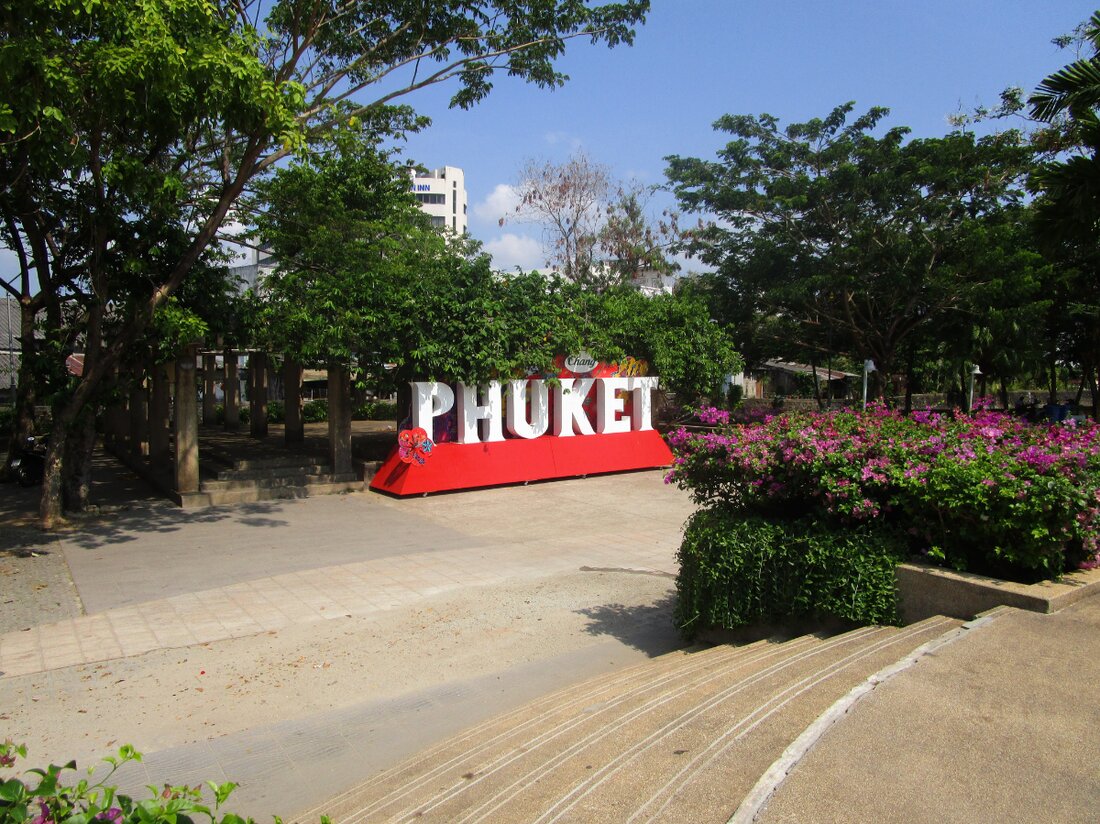Border region of Thailand: safety for travelers guaranteed despite tensions!
Current travel information for Phuket: Security measures at the border with Cambodia, but tourism activities are undisturbed.

Border region of Thailand: safety for travelers guaranteed despite tensions!
The current developments around the Thai-Cambodian border are a topic of conversation among travelers and tourists. Nevertheless, there is good news for everyone who wants to visit Thailand. According to the Tourism Authority of Thailand (TAT), travel and tourism activities across the country remain normal and unaffected. The current information from TAT indicates that there are security measures in certain provinces, but they are targeted and controlled. Travelers can look forward to a undisturbed stay in popular tourist destinations such as Bangkok, Chiang Mai, Phuket and Krabi. In these regions everything is running as usual, and hotels and restaurants are open and ready for guests.
Current security measures are in place along the Thai-Cambodian border, particularly in the provinces of Ubon Ratchathani, Si Sa Ket, Surin, Buri Ram, Sa Kaeo, Chanthaburi and Trat. Martial law remains in effect in certain districts of Chanthaburi and Trat, affecting the situation locally. However, the ceasefire, which has been in force since July 28, 2025, brings hope that the situation will calm down after previous fighting between the armed forces of both countries. Particular caution is required in affected areas and travelers are urged to follow the advice of local authorities and avoid controlled zones to reduce possible risks.
Security situation and practical advice
The US Foreign Office has increased the travel warning for Thailand to Level 2 and advises caution, especially near the Cambodian border. There is even a travel warning of the highest level for this region, which states that you should not travel. The reason for this is the ongoing fighting and possible civilian casualties that are to be feared as a result of the conflict. American citizens in particular are advised not to move within 50 km of the border and to develop an emergency plan that works independently of government support. We also recommend registering in the Smart Traveler Enrollment Program (STEP) to receive important updates.
Despite the tensions, there is positive news for tourists wanting to visit Thailand. The situation remains stable and safe in popular tourist destinations far from the conflict. Security measures at Phuket International Airport have been strengthened to ensure travelers have a relaxing and safe experience. Hotels and restaurants are operating services without interruption, while authorities in Thailand and Cambodia emphasize that travel to most regions of the country is safe.
Tips for travelers
To ensure a smooth stay in Thailand, tourists should keep in mind the following practical tips:
- Regelmäßige Überprüfung der Reisehinweise und Sicherheitsupdates.
- Meidung des 50-Kilometer-Radius entlang der kambodschanischen Grenze.
- Nutzung von Flugreisen für Verbindungen zwischen Thailand und Kambodscha, um Risiken zu umgehen.
- Prüfung der Reisenden-Checkliste und Suche nach aktuellen Informationen zur Gesundheit und Sicherheit auf der CDC-Seite.
In conclusion, the ceasefire between Thailand and Cambodia gives tourism a positive outlook. Destinations are operating as usual and holidaymakers can experience the beauty and hospitality of Thailand with confidence. To find out more about the current situation and possible travel arrivals, the TAT Call Center on 1672 and the Tourist Police (1155) are available to provide assistance.
For detailed information on the travel advice, we recommend the pages of TAT News, Travel State and [TDAC].

 Suche
Suche
 Mein Konto
Mein Konto
